18th December, 2019 • 3 min

Written by Augusta Vivian
27th July, 2023 • 4 minutes
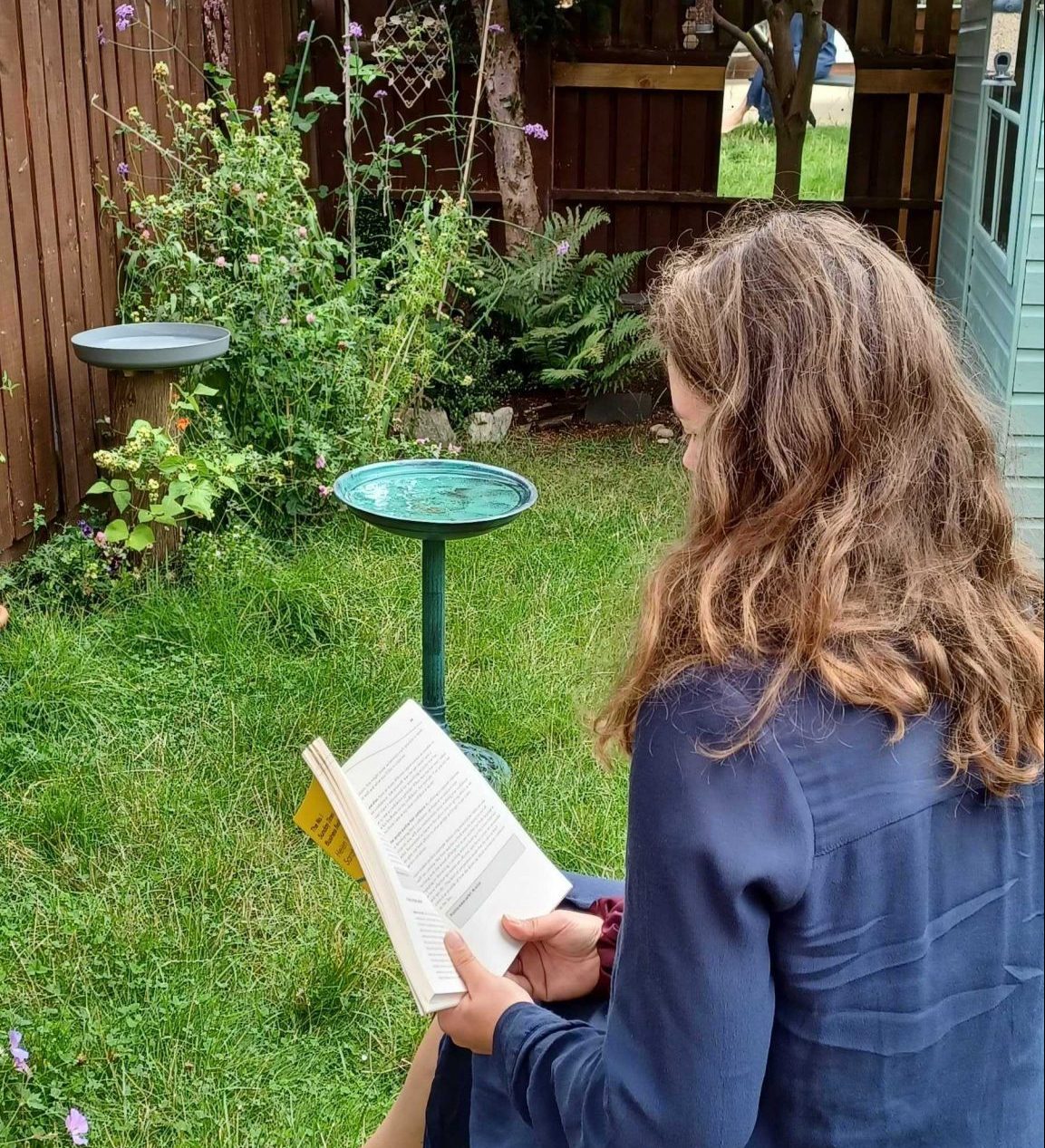
This is becoming a bit of a tradition now to share my top 5 recommendations for the summer. Here are 4 books, and I cheated…1 podcast, that I recommend. These have all inspired and challenged my thinking, sometimes my perspective and broadened my opinions.
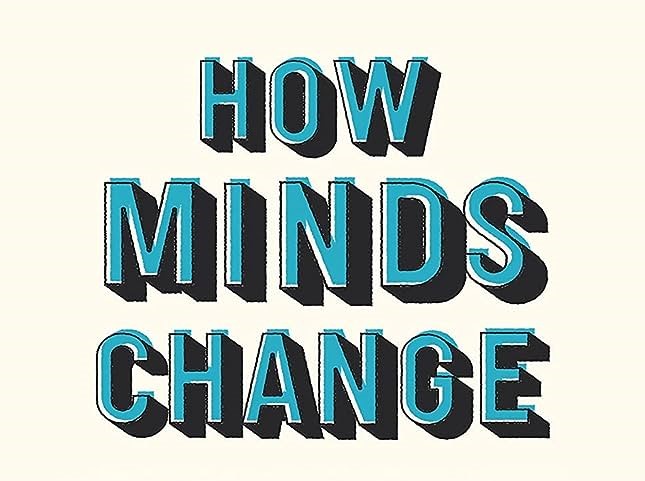
How minds change by David McRaney
This book has had the biggest impact on me this year: challenging how we persuade and influence others. McRaney shares evidence and research to show the best way to change minds is through empathy and open-mindedness.
To persuade others we have to help them to understand their own thinking. They have to persuade themselves We can’t persuade others to change their mind if they don’t want to.
When trying to change someone’s mind I would often share really compelling facts that helped change my mind, and think “surely if they read this article they would have to agree that the climate crisis is an emergency.”
But the flaw in this thinking is that beliefs and certainty are a feeling, not logic. This flaw is the information deficit hypothesis: we believe they only hold that view because they don’t have access to the same information we have. The problem with this is that we all have a biased processing system – we process information through our own beliefs and biases, so someone else reading the exact same fact as you will process it with emotion, not logic. We will apply our own justifications and rationalisations to the evidence. For example, a climate change denier may see the evidence and say “These temperatures are all part of the natural cycle.”
This book has made me take a different approach to persuasion. David McRaney shares a 7-step technique used in deep canvassing, cognitive-behavioral-therapy and motivational interviewing, of how we can change minds through listening and asking questions.
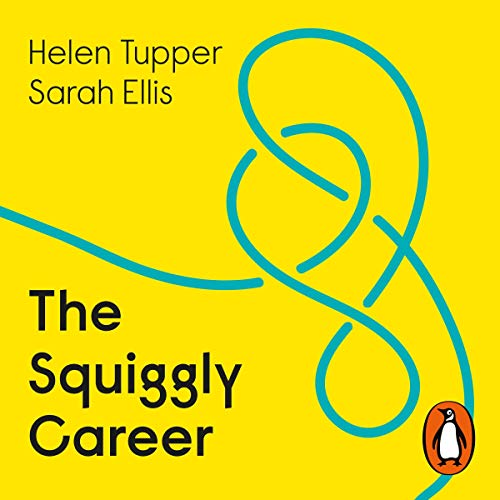
Squiggly careers by Helen Tupper and Sarah Ellis
This is a brilliantly practical book! This book helps you discover your strengths, your values, build your confidence and strengthen your network. It takes you on a journey to analyse your own career. Moving away from the traditional career ladder to a squiggly career, recognising that a “one size fits all” approach to careers no longer works when we have 5 generations working side by side. Many of us are working more hours (15% rise since 2010), want more from our careers and want to feel we are working in line with our personal values (48% of baby boomers would prioritise purpose over pay).
The strengths chapter was my favourite, Helen and Sarah explore and share how to identify your strengths and turn them into super strengths. If you aren’t sure of your strengths one of the strategies they share is to ask 3 people, one friend, one family, one colleague, what they would say are your 3 strengths and why they think this. I was surprised by some of the answers I got back, happily surprised!
The confidence chapter is useful for uncovering our “confidence gremlins”, assumptions we hold about ourselves that hold us back and impact our confidence, and how to challenge these. Even the words we use can impact how confident we feel and how confident we make others feel about us. Words like “kind of” or overusing “sorry” are some to watch out for. A strategy they share is to record yourself and watch it back (painful but incredibly useful!) to spot any of your own confidence gremlins coming out in your words.
The network chapter shares practical strategies to strengthen your professional network, to develop meaningful relationships, access diverse perspectives and build your personal brand. I found it useful to consider what ‘type of networker’ I am. You can be a consumer: you consume information/other people help you, a contributor: you contribute/share knowledge, a connector: you proactively connect other people or a creator: you create your own networks.
I recommend having a pencil handy if you read this book!
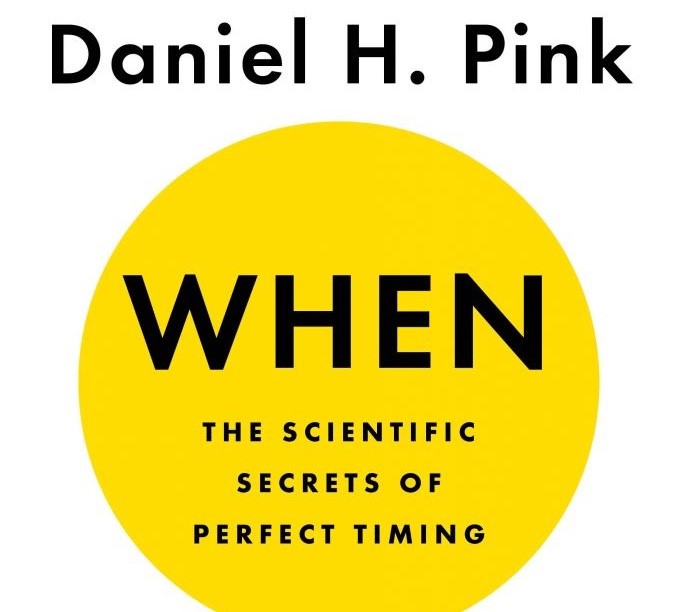
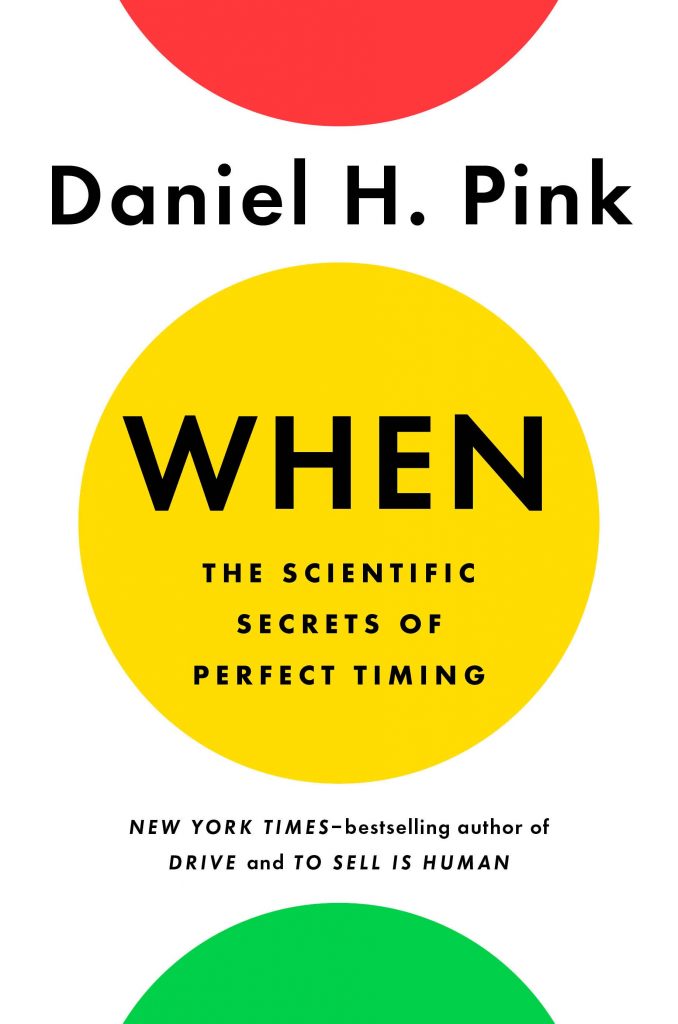
When by Dan Pink
I revisited one of my old favourite books this year: When. This is a brilliant book if you want to know when to do something, when absolutely not to do something, when to go first, when not to go first. Or if you just want to feel more in control of your energy and mood everyday. There are so many nuggets of insight in this book.
For about 80% of the population (larks and third birds) our most productive time of the day is 9-11am, and if we don’t use this tine effectively, we lose it. Most of us are actually better at creative tasks in the afternoon when our brains are a bit more tired, this is the Inspiration Paradox. For owls (20% of population) this pattern is swapped – owls are more productive in the afternoon.
The most unproductive (and most dangerous) time of the day is 2:55pm, car crashes peak then, you are more likely to be refused bail, you get your worse test scores at this time. Good advice not to schedule your most important meeting at this time! In fact, Dan Pink shares that we should make all our important decisions before lunch.
A great reminder from Pink is the importance of taking breaks. He shares what makes a good break. This helps with reducing that unproductive trough in the day, and improves our happiness, health and productivity generally. This book debunks the myth of “powering through”, the highest performers work in bursts of focus work and take restorative micro and macro breaks.
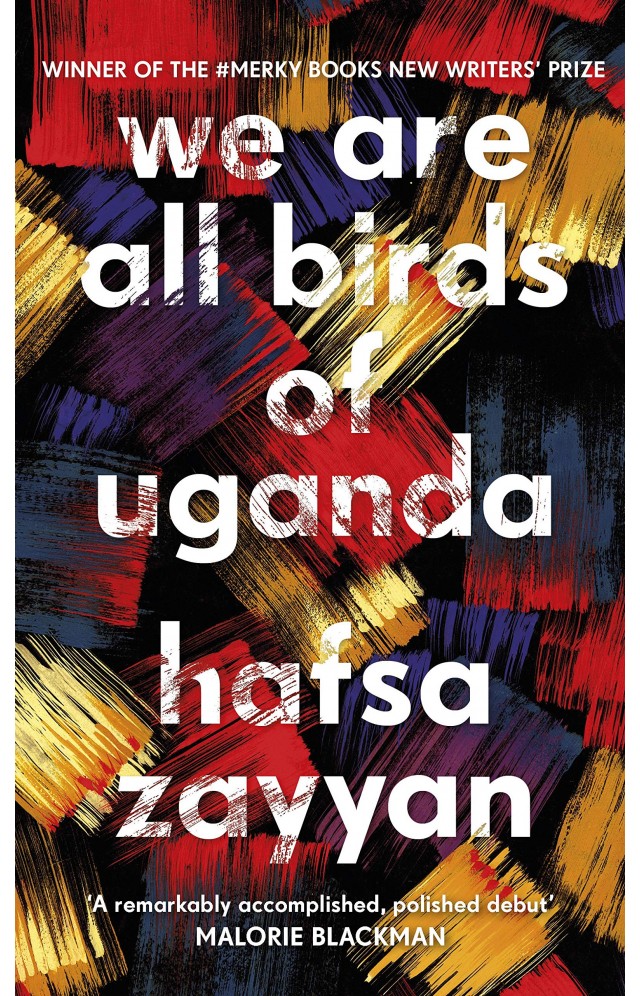
We Are All Birds of Uganda by Hafsa Zayyan
One of the best novels I have read, a thought-provoking and beautifully written book. Exploring Where is home? How do we define our home?
Hafsa tells two stories, one of Sameer in modern day London and the other of his grandfather Hasan in Uganda. Through these two stories the book explores what it means to belong, generational differences and who has the right to live where. A very poignant book to read right now, given the political climate. Hafsa shines a light on “casual racism” in the workplace, isolation in a big city and “microaggressions” (where there is nothing micro about them) through the story of Sameer. And explores British colonialism, the history of Uganda and values through Hasan.
This powerful title, like the book, challenges racism and borders: “birds don’t recognise borders, they will go where they will go.”
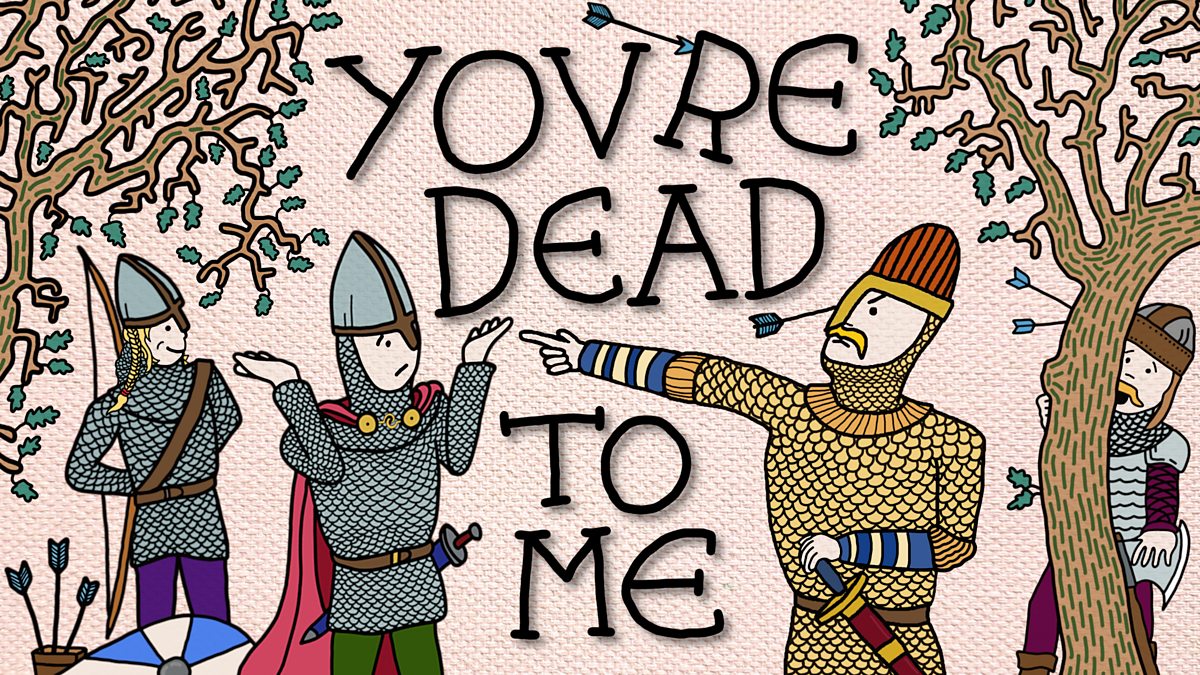
You’re dead to me by Greg Jenner
I have cheated with this one, as this is a podcast! This year I have really got into podcasts and listened to some fascinating and entertaining ones.
Greg explores some fascinating history I never knew about. From Zheng Yo Sao the pirate queen and Hatshepsut an ancient Egyptian female pharaoh, to communities (Catlhoyuk) that lived without front doors, to the history of ice-cream, high heels and vital electricity.
History can often be remembered and documented through bias, meaning that many powerful women who shaped our history are rarely spoken about, or taught about in schools. Greg looks at history with a more open lens to explore the individuals who made the world what it is today.
It is a very entertaining and educational listen, there is always a comedian to bring the history to life, and a quiz at the end that you can play along with and test your knowledge! You can find it on BBC Sounds, and I would recommend listening to the full versions, not the radio edits.
If you have any ideas for what I should read this summer, or should be on the list next year, please let me know.